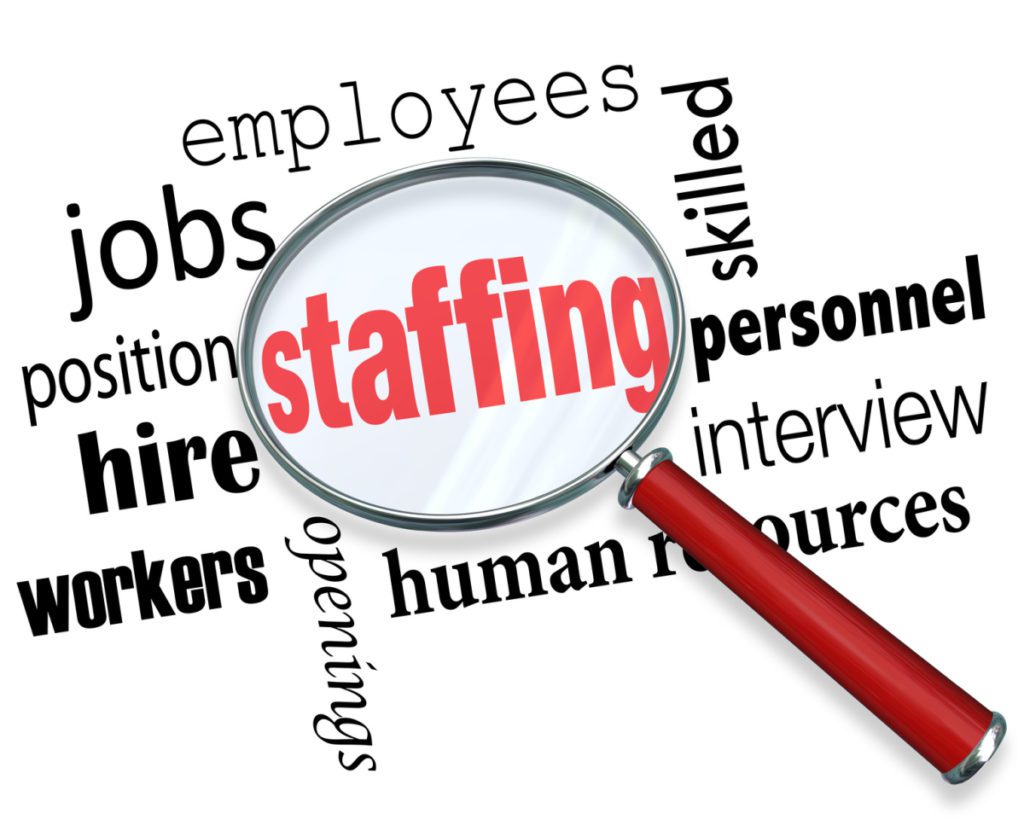Our Blog
Staffing is an important management function. It relates to the recruitment, selection, development, training, and compensation of human resources in an organization. It is a continuous management function and involves the top management of most businesses. Staffing plays a very important role in any organization. It enables the organization to effectively and efficiently discharge all other management functions. The key reasons why staffing is important in organizations is discussed below:
Efficient Performance of Other Management Functions
Staffing is an important function as it ensures efficient performance of all other management functions. All other management functions are performed by skilled and experienced human resources. Staffing involves recruitment and deployment of quality personnel in various positions across an organization. If there are not competent staff, any organization cannot perform any of the other important management tasks-planning, organizing, directing, and controlling. Staffing is also the key in ensuring efficient utilization of resources. Human resources recruited through the staffing process are responsible for the utilization of the latest technology, capital, material, and other resources.
Improved Productivity
Another important contribution of the staffing process is its contribution to improved HR productivity. Staffing helps to recruit the best possible human resources for different job roles in the organization. It focuses on recruitment, training, and development of human resources in organizations. This helps to contribute to improved productivity in the organization.
Development of Human Capital
Staffing is concerned with getting the right people for the job at the right time. staffing allows HR managers to ascertain the number of staff required and when they are needed. This provides them time to plan in advance for the recruitment of staff for various job roles. Staffing also deals with the development and capacity building of the existing and new staff. This not only helps in the career building of the staff, but it also contributes to the pool of existing human capital which benefits the organization in the long run.
Building Morale and Motivation of Staff
An efficient staffing system helps considerably in building staff morale and motivation. Staffing not only deals with the recruitment of staff, but it also entails assessing their performance and rewarding them. They can be rewarded through monetary or non-monetary incentives which can help build their morale and motivations. Staff feel valued in such organizations and work with greater commitment. Staffing helps to develop uniform principles for performance assessment and evaluation of staff and brings uniformity in the process. Overall, it also helps to bring in peace and harmony within the organization.
Deciphering the Current U.S. Labor Market: A Data-Driven Analysis
The Reality of Workers’ Responses to Return-to-Office Mandates
Navigating Labor Market Trends: Job Openings Dip While Quit Rates Fall
Unveiling the Truth: Deciphering Hiring Managers’ Deceptive Tactics
Navigating the Changing Landscape: Pay Transparency and the Inclusion of Remote Jobs
The Pros and Cons of Renovating Your Office Space
With great vision, you need great people
Looking for higher-level career opportunities in Greater Boston and throughout Massachusetts?

